Raducan to Valieva
How should Olympic doping scandals be handled?
15-year-old skating phenom Kamila Valieva of the Russian Olympic Committee (ROC) burst into tears following a disastrous free skate on February 17 at the 2022 Beijing Winter Olympics. And when she stepped of the ice, there was no sympathy, no heart, no love–just overwhelming criticism.
“Why did you let it go? Why did you stop fighting?” These are the last words an Olympic contender wants to hear. However, they were the first words Kamila Valieva, the 15-year-old skating phenom from the Russian Olympic Committee (ROC), received after taking her first steps off the ice. Following a disastrous free skate on February 17 at the 2022 Beijing Winter Olympics, cameras caught her coach, Eteri Tutberidze, scolding Valieva after she fell twice during her program and was no longer a medal contender. Tutberidze, the legendary Russian coach, was also in Beijing with two 17-year-old skaters: the eventual gold medalist, Anna Shcherbakova, and Alexandra “Sasha” Trusova who came in second.
“Eteri’s response at the end of the program seemed like a form of child abuse to me,” award-winning journalist Andrea Joyce, who recently embarked on her 16th trip to the Olympics, wrote to me. As Valieva burst into tears after hearing her official score, the whole world watched in utter disbelief. The International Olympic Committee (IOC) needs to do better. The World Anti-Doping Agency (WADA) needs to do better. Team doctors and coaches need to do better. And for those that continue to mishandle their athletes? They should be banned from the games–and more importantly, charged as child abusers and nothing less.
The stories surrounding the figure skating competition during the Beijing Winter Games are arguably the craziest we’ve ever heard, and not just because of the degree of difficulty of the programs or the usual judging controversy. The day after the ROC won the team event gold with the help of Valieva’s two quadruple jumps, the first ones landed at the Olympics by any woman, news broke out of a positive test. It was not of the increasingly contagious coronavirus, but of a banned substance in Valieva.
It all started on December 25 when Valieva competed at the Russian Championship. On February 8, the result of her urine test from more than a month prior came back positive for three heart medications, one of which being trimetazidine, a banned substance known to increase blood flow to the heart and help with endurance. This drug is meant for older people who have an abundance of fatty acids in their system–not for a young, healthy teenager who is not known to have any heart conditions. WADA blamed Russia’s doping agency, RUSADA, for not requesting that the Stockholm laboratory fast-track Valieva’s sample in order for the results to return before the Olympics.
But what’s done was done. It was up to the IOC to decide if Valieva should be allowed to step on the Olympic ice again for the individual women’s event. The IOC needed to make a good decision to keep the integrity of the Olympics alive, but their decision of letting her continue only made the matters worse.
Multiple sources wrote that Valieva was allowed to compete because she is considered a “protected person” under WADA’s doping code given she is under 16, and that the IOC felt it would be less damaging for Valieva’s mental health than for her to be disqualified.
The problem with the IOC’s thought process lies in the fact that they never took into account the constant scrutiny and enormous pressure that Valieva would be under for every second of every day until the competition was over. They also didn’t think about the immense disappointment Valieva would feel if she didn’t medal or worse, if she came in first after the competition but was never honored as an Olympic champion. What about the other athletes who could’ve been denied their Olympic moment, never seeing the flag of their country raised and hearing their national anthem played? And so, their logic to allow Valieva to compete ultimately brought more harm to Valieva, and the whole situation in general, than they hoped to deter.
At the 2000 Sydney Summer Olympics, the then 15-year-old Romanian gymnast Andreea Raducan won gold in the women’s all-around competition. But a few days later, that gold medal that she worked so hard for was stripped away because she tested positive for pseudoephedrine, a banned medication that also serves as a performance enhancer. Where did the pseudoephedrine come from, you ask? It came from cold-medicine a team doctor gave her, an adult whose very reason for being at the Olympic Games was to take care of her and her teammates.
In Valieva’s case, she is clearly a victim, and should never have been put in that situation by the adults who are responsible for her wellbeing; but a positive test is still a positive test. Ms. Joyce pointed out, “who knows how long [Valieva] took that medication [for] which allowed her to practice harder and get better? [It’s just] not a level playing field.” And even though I am devastated and deeply sympathize with Valieva, I still can’t help but wonder, if underaged athletes can go on competing without facing consequences, and therefore, continue to contribute to the overall medal count, how do we ever stop more abuses like this from happening in the future?
The Valieva that we have come to know is truly an amazing skater with tremendous potential for success, but we will be forever left to ponder if she could have reached the heights all on her own. Growing up in Russia, Valieva was not the primary concern of her coaches. Instead, the harsh training system molded for the outcome of lots of medals was prioritized over the wellbeing of the athletes. According to Slate Magazine writer Rita Wenxin Wang on February 16, Valieva and her teammates, also known as the “Eteri girls,” have been forced to take Lupron, a puberty blocker known to induce menopause, in order to ensure success in thier jumps. It’s not rocket science to come to the conclusion that when her coach or team doctor gave her the medication, Valieva took it without a second thought. I have zero doubt that Valieva had any idea what medication she was told to take nor would it have made a difference if she did. It’s not like she could refuse.
Moving forward, the IOC needs to make better decisions to keep the moral values of the Olympics alive. When athletes are found to be taking banned substances, their entire training team needs to be suspended–not just that one athlete, but everyone else–especially those coaches and doctors. In many of the state-run programs all over the world, it is impossible to differentiate who’s calling the shots when it comes to doping. Simply banning an athlete from a competition does not even begin to solve this deep rooted issue.
WADA also needs to be much more responsible in keeping tabs on the athletes from those countries who have a history of doping. They can’t just blame their Russian counterparts for not being more on top of getting the test results. Let’s think realistically: why would the Russian doping agency want to be on top of Valieva’s case? When you suspect that you did poorly on a chemistry test, or maybe even when you suspect that you’ve been caught cheating on that test, are you usually excited to get the score back so you can let your parents know?
The next step may have to be to ban counties with a certain number of athletes testing positive of banned substances from competing in any international competitions at all. Even though many athletes who are clean will be affected as well, it is the only way to catch those countries’ attention. Allowing Russia to compete for the past two Olympic games as athletes of the Russian Olympic Committee was simply a Band-Aid over a deep cut; it didn’t solve the problem, it just attempted to cover it up.
If you watched the women’s free skate, you know what happened. Valieva fell twice in her program and ended up fourth overall. But what I will never forget is when she finished her program; with a face full of disappointment and disgust, she waved her arm and hit the air in front of her as if to say, “I really blew it. The hell with skating, the hell with the people, the hell with the world, the hell with all of it.” But can you really blame her? The world those viewed as ultimately responsible for putting her in this position showed her no sympathy, no heart, no love, and not a single person had her back.
When the results were finally set in stone, Valieva walked right past the Mixed Zone, where athletes encounter the media and typically offer a quick quote, without speaking a single word to anyone. “When she came through, my heart broke for her,” Ms. Joyce shared, “it was all too much. It should never have happened… any of it.” And to top it all off, Shcherbakova, the 17-year-old who actually won a gold medal that night, looked lost in the frenzy with no one by her side to even share a hug and celebrate her amazing accomplishment with.
This trend needs to stop now. Young, innocent athletes continue to be punished because of the sickening choices made by the adults around them. So to the IOC, WADA, and team doctors and coaches alike, results in competitions are not everything. When is this all going to change? The world is waiting.

Sydney Chan is an Editor-in-Chief for The Tower dedicated to discovering unique stories and bringing them to life through her pieces. She especially loves...


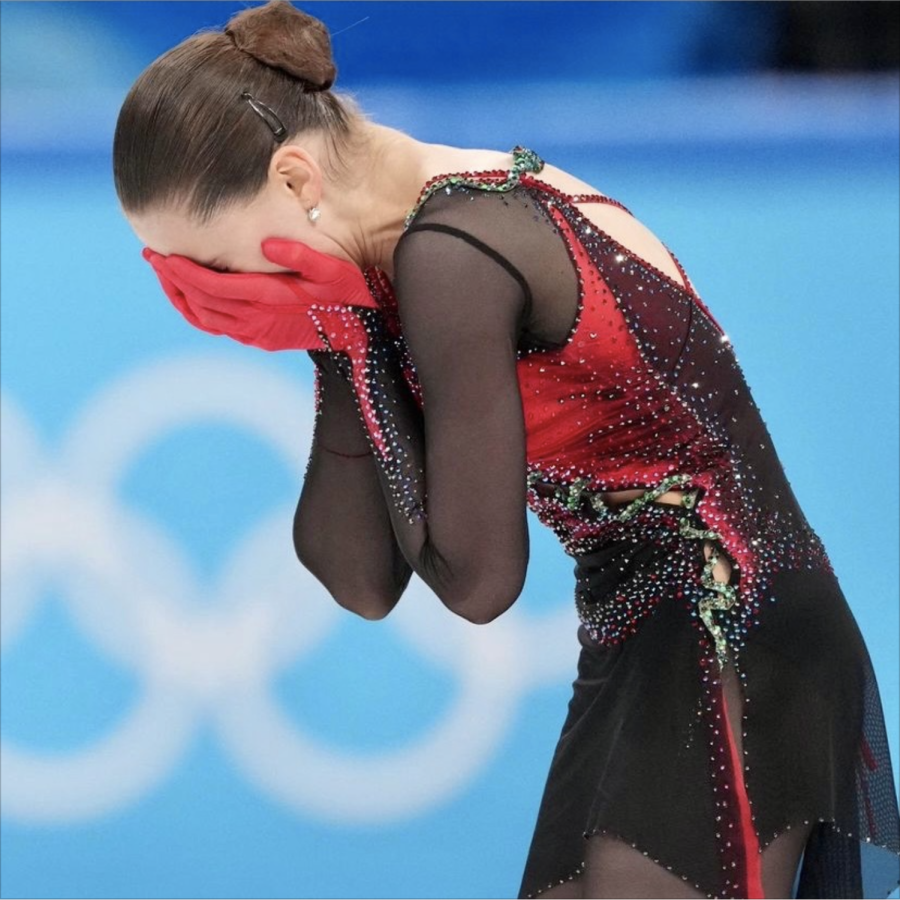
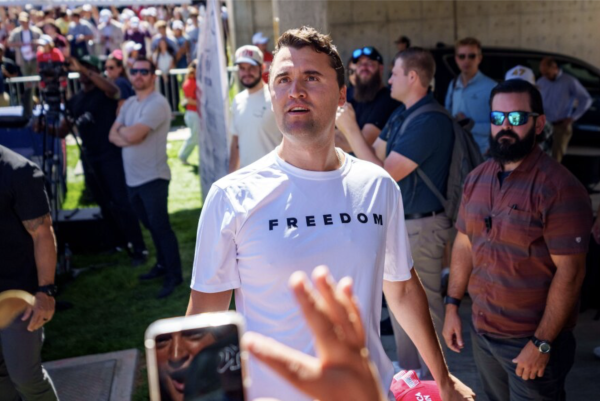
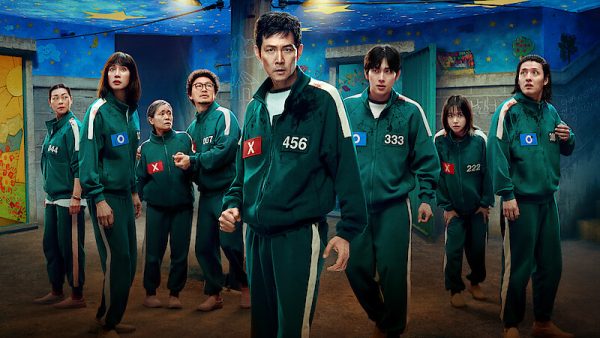
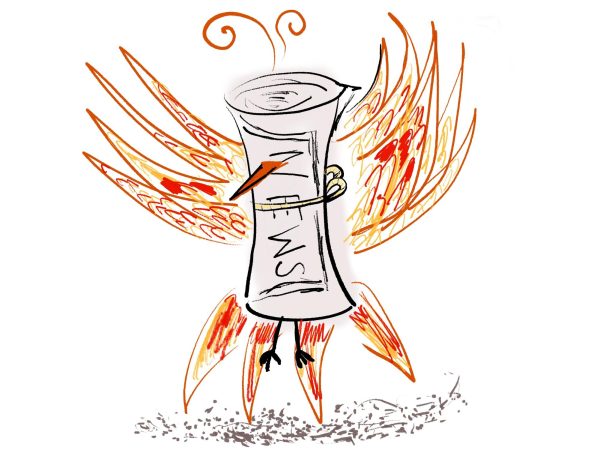
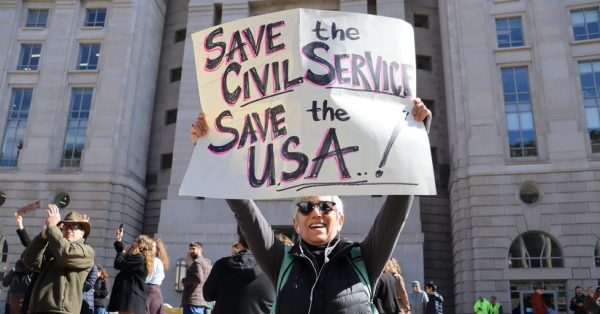

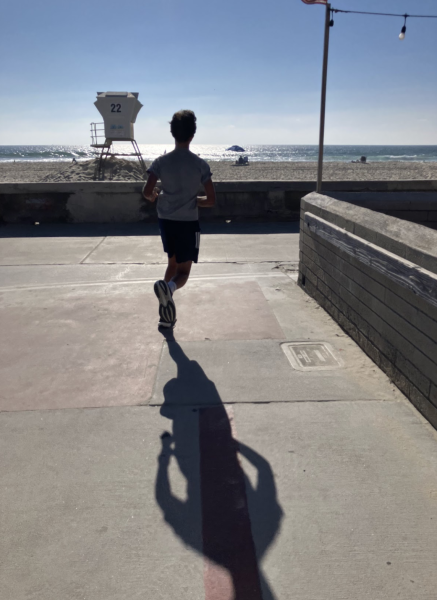


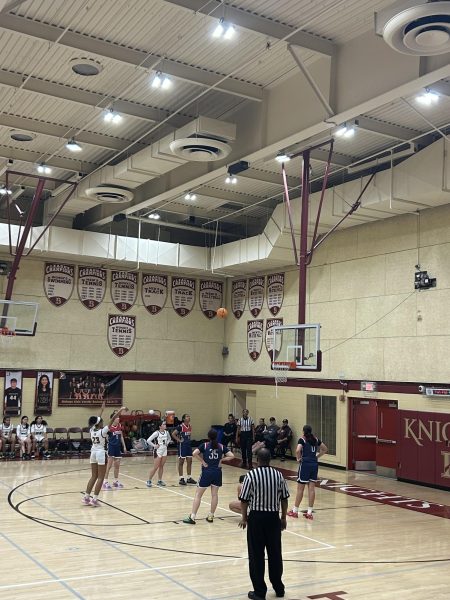
![“I [look forward to] the adrenaline of just competing with your friends and playing a sport that I’ve loved for so many years,” Sydney Mafong (‘26) said. “It’s just unmatched.” The Softball team celebrates a victorious moment in the game against San Diego High School on March 15th during the Torrey Invitational, which Coach Joe “Joey” Moreno called the “first real test of the season” in a Locker Room email and won 10-3.](https://thebishopstower.com/wp-content/uploads/2025/04/Screenshot-2025-03-17-at-21.49.22-600x508.png)